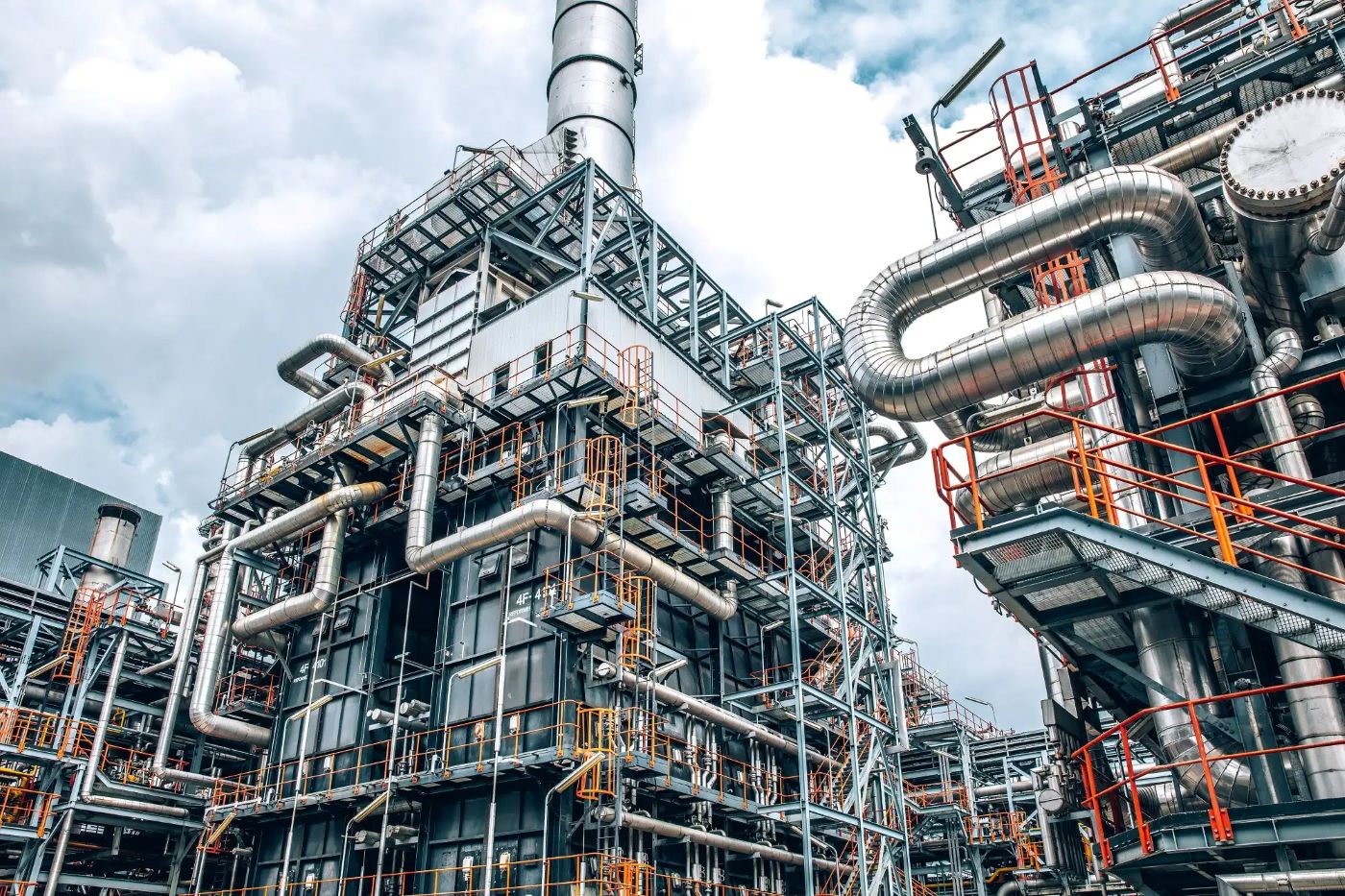
Fired heaters are essential thermal processing equipment designed to transfer heat from combustion gases to process fluids through direct firing and controlled heat exchange, serving critical roles in petroleum refineries, petrochemical plants, and chemical processing facilities worldwide. These sophisticated heating systems provide precise temperature control for process streams requiring temperatures from 200°F to over 2000°F, including crude oil heating, hydrocarbon cracking, steam superheating, and chemical reaction initiation. Fired heater design integrates combustion engineering, heat transfer optimization, and structural mechanics to achieve maximum thermal efficiency while ensuring safe operation and environmental compliance. Modern installations feature advanced burner technologies, automated control systems, and emission reduction equipment to meet stringent performance and environmental standards.
Process heaters encompass diverse configurations including cabin-type heaters, vertical cylindrical heaters, and box-type designs engineered for specific application requirements. Cabin heaters feature rectangular fireboxes with radiant and convection sections, accommodating multiple process coils and providing excellent maintenance accessibility. Vertical cylindrical heaters offer compact footprints for space-constrained installations while delivering efficient heat transfer through optimized tube arrangements. Reformer furnaces represent specialized designs for hydrogen production and petrochemical processing, featuring high-temperature operation up to 1800°F with advanced metallurgy including HP-modified steels and centrifugally cast tubes. Key design parameters include heat duty ranging from 1 million to 500 million BTU/hr, thermal efficiency targets of 85-92%, and fuel consumption optimization through advanced combustion management systems.
Burner systems constitute critical components featuring ultra-low NOx designs, premix technology, and staged combustion for emissions control and fuel efficiency optimization. Modern burner configurations include forced draft, natural draft, and balanced draft arrangements with turndown ratios exceeding 10:1 for operational flexibility. Advanced burner technologies incorporate fuel gas conditioning, combustion air preheating, and oxygen trim systems for precise combustion control. Fuel systems accommodate natural gas, fuel oil, refinery off-gas, and specialty fuels with automated changeover capabilities and flow measurement systems. Combustion management systems integrate flame monitoring, draft control, and safety interlocks ensuring safe startup, operation, and shutdown sequences while optimizing thermal performance.
Heat transfer sections feature carefully engineered coil configurations including helical coils, serpentine arrangements, and straight-tube designs optimized for specific process requirements and pressure drop limitations. Radiant section tubes utilize high-temperature alloys such as HP-40, HK-40, and 25Cr-35Ni for extended service life in severe operating conditions. Convection sections incorporate finned tubes, bare tubes, or shield tubes depending on fouling characteristics and heat recovery requirements. Advanced coil designs feature return bends, expansion joints, and support systems engineered for thermal expansion management and mechanical integrity. Heat flux distributions are optimized through computational fluid dynamics (CFD) modeling and thermal analysis to prevent hot spots and ensure uniform heating across process streams.
Commercial fired heater procurement encompasses comprehensive engineering analysis including process simulation, thermal rating calculations, and emissions compliance verification. Critical specifications include heat duty guarantees, thermal efficiency performance, NOx emissions levels, and fuel consumption rates. Quality construction standards require ASME Section I or Section VIII compliance, API 560 conformance, and comprehensive testing protocols including hydrostatic testing and performance verification. Modern heater packages integrate distributed control systems (DCS), safety instrumented systems (SIS), and advanced process control (APC) for optimal performance monitoring and automation. Leading manufacturers provide complete engineering services, performance guarantees, and lifecycle support including burner maintenance, refractory management, and efficiency optimization programs ensuring reliable thermal processing solutions for demanding industrial heating applications requiring precise temperature control and maximum energy efficiency.
